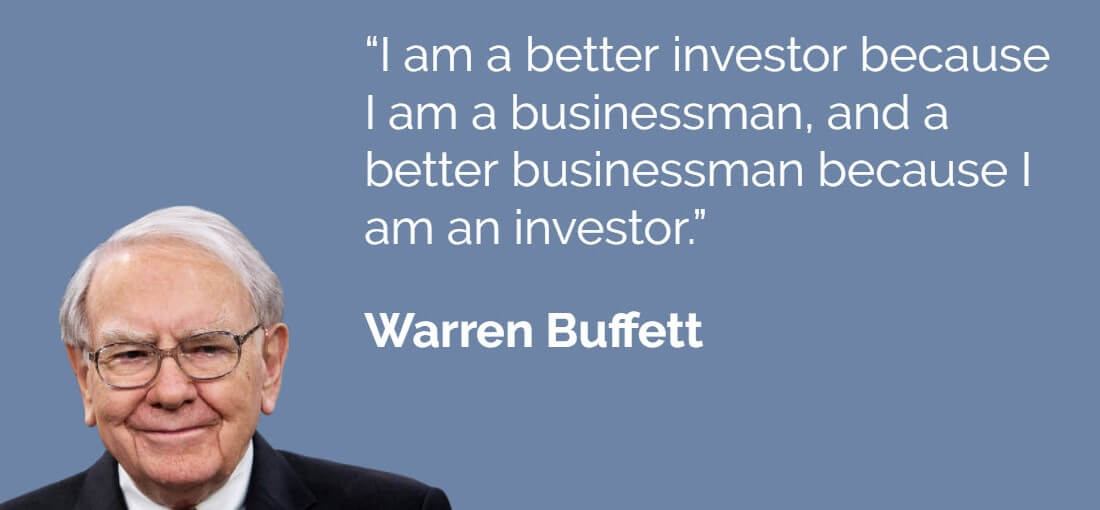Our personalities are one of the main factors that affect the way we do things, especially when it comes to trading. Are you shy and timid, or aggressive, determined, anxious, confident – most likely, fall into one of four main personality types with some possible overlapping. Author and CEO Michael Pompian has contributed some helpful information in his book Behavioral Finance and Investor Types: Managing Behavior to Make Better Investment Decisions in order to provide us with an idea of which of his four outlined personality types we fit into. Keep in mind that knowing this can give you an idea of your strong suits and where you need to improve when it comes to trading habits.
In the book’s questionnaire, traders are asked which statement is the most agreeable:
“Losing money is the worst possible outcome.”
“I should act quickly on opportunities to make money.”
“I need to be satisfied that I have taken the time to understand an investment I plan to make, even if I miss opportunities by doing so.”
“I should not be in charge of overseeing my money.”
According to Pompei, those that answered A likely fit into his Preserver type, while those that answered B are called Accumulators. These are both considered to be extreme personality types. Here’s a summary of how these traders are described in the book.
Accumulators are often determined and confident traders, but their mistakes come from believing that they have more control over their investments that they really do. This personality type is prone to overtrading, which can lead to losses.
 Preservers find themselves worrying about their losses too much and can fall victim to making trading choices out of fear or anxiety. These traders need to understand that you won’t win every time, and that’s perfectly fine.
Preservers find themselves worrying about their losses too much and can fall victim to making trading choices out of fear or anxiety. These traders need to understand that you won’t win every time, and that’s perfectly fine.
Those that answered C to the above question are labeled as Independents, while Followers most likely answered D.
Independent investors have their own original ideas but fall victim to confirmation bias by giving more credit to certain factors that support their own way of thinking. These traders are more likely to contribute wins to themselves, rather than thanking the bull market.
Our last personality type has been labeled as Followers in the book. These traders aren’t as motivated and often follow their friends or chase the fad. Many of these traders make decisions based on past history and might overestimate their tolerance for risk if they have received good results in the past.
As you can see, each of the four personality types are apt to fall victim to specific problems related to the way that they think while trading. The more aggressive Accumulators and Preserves might be too worried about losing money, or they could be overly confident, which leads to trading too often. The more relaxed personality types labeled Independent and Followers either come up with their own ideas or follow others, but either personality can make mistakes when analyzing data, making them overly confident and less likely to worry about their risk tolerance.
Of course, we’ve only based your results on one question from the book, so it might be a good idea to read Behavioral Finance and Investor Types: Managing Behavior to Make Better Investment Decision and to answer the entire questionnaire to see if you get different results. Still, the information provided here should hopefully help you to have a better idea of the type of trader you are and where you need to make changes.



